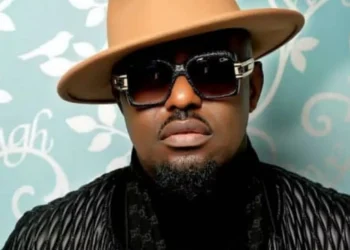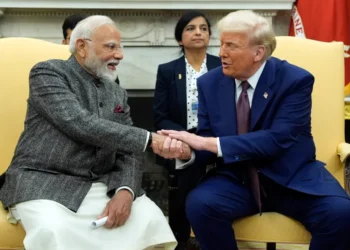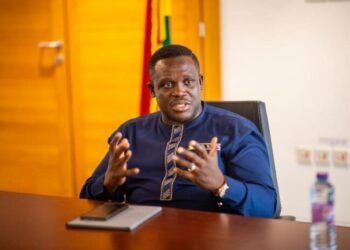Hon. Nana Ayew Afriye, Member of Parliament and Ranking Member of the Health Committee, has officially requested the Ghana Medical and Dental Council (GMDC) to verify the medical registration status of Dr. Ann Sansa Daly, a health expert frequently appearing on television programs in Ghana, sparking significant public attention.
Dr. Afriye’s letter, addressed to the Registrar of the GMDC, raised critical questions about Dr. Daly’s legal authority to operate as a medical professional in the country.
He expressed concerns that her growing media presence, particularly on GHOne TV, may be giving the public the impression of medical authority—an impression that must be substantiated by formal medical registration and licensing under Ghanaian law.
“Given the critical role the Ghana Medical and Dental Council plays in regulating the practice of medicine in the country, I seek clarification on the following: If Dr. Ann Sansa Daly is currently registered and licensed by the GMDC to practice medicine in Ghana? If Dr. Ann Sansa Daly has ever been registered with the GMDC in any capacity (e.g., temporary or permanent registration)?”
Hon. Nana Ayew Afriye
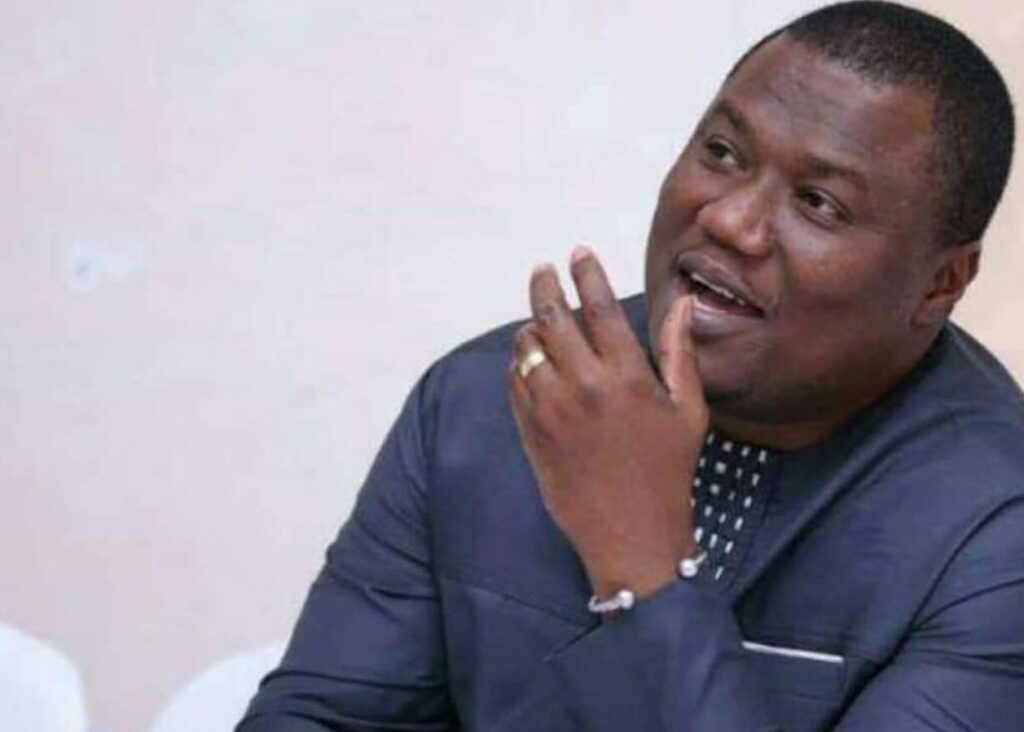
Dr. Afriye’s inquiry doesn’t stop at local concerns. He further requested that the GMDC contact its counterpart in the United States—where Dr. Daly is believed to have received some of her training—to determine her status on the American medical register.
The legislator also asked that this medical registration status be clarified within one week of receipt of the request.
Concerns Raised Over TV Health Expert
At the heart of the issue is the legality of publicly presenting oneself as a medical doctor without proper credentials.
Dr. Afriye asked the GMDC to confirm whether its regulations permit unlicensed individuals to appear in public forums as medical professionals or to offer health advice, even informally.
“This request is being made in the public interest to ensure that individuals offering health-related services or advice to the Ghanaian public meet the appropriate legal and professional standards as established by the Council.”
Hon. Nana Ayew Afriye
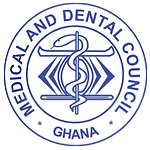
The request reflects growing anxiety about the credibility of health information being broadcast on TV, social media, and other public channels—especially when such content could influence the public’s medical decisions.
Dr. Daly’s media engagements have prompted scrutiny from some observers who question her qualifications, given the absence of readily available verification of her medical registration.
The MP’s request follows broader concerns that allowing unverified individuals to operate as health authorities could set a dangerous precedent and mislead unsuspecting Ghanaians.
The letter underscored the importance of verifying medical credentials, especially when those offering medical advice gain prominence on mainstream platforms.
Medical Registration Laws Under Spotlight
Moreover, legal experts, including Richard Dela Sky, have weighed in, stressing that Ghana’s legal framework governing medical practice is clear and unequivocal.
According to the Health Professions Regulatory Bodies Act, 2013 (Act 857), it constitutes a criminal offense to make a false declaration regarding one’s medical registration, to unlawfully use the title “Dr.”, or to engage in the practice of medicine without the appropriate certification or license.

If found to be in breach of any of these provisions, a person could face significant legal penalties, including criminal charges. While Dr. Daly has not publicly responded to the allegations or the verification request, the pressure is mounting for the relevant authorities to clarify her standing.
Adding to the controversy, Dr. Daly was recently appointed to the board of the National Health Insurance Authority (NHIA). However, following the eruption of questions surrounding her medical registration, her appointment was reportedly withdrawn by the Presidency.
This turn of events has further fueled speculation and public debate, with many questioning the vetting processes involved in public appointments, especially within Ghana’s health governance framework.
Dr. Afriye’s actions highlight the vital need for transparency in medical representation and regulation. His demand for a swift response—both locally and from U.S. regulatory counterparts—signals the seriousness with which Parliament’s Health Committee is treating the situation.
As the GMDC prepares to respond, many Ghanaians await clarification that could have broader implications for health communications in the country.
The case could very well set a precedent for how media personalities are vetted when engaging with the public on medical issues.
Until formal confirmation or rebuttal is provided, questions will linger about the legitimacy of Dr. Daly’s public role in Ghana’s health discourse.
READ ALSO: Cedi Outperforms African Peers with 40% Year-to-Day Jump, Set to Strengthen Again




